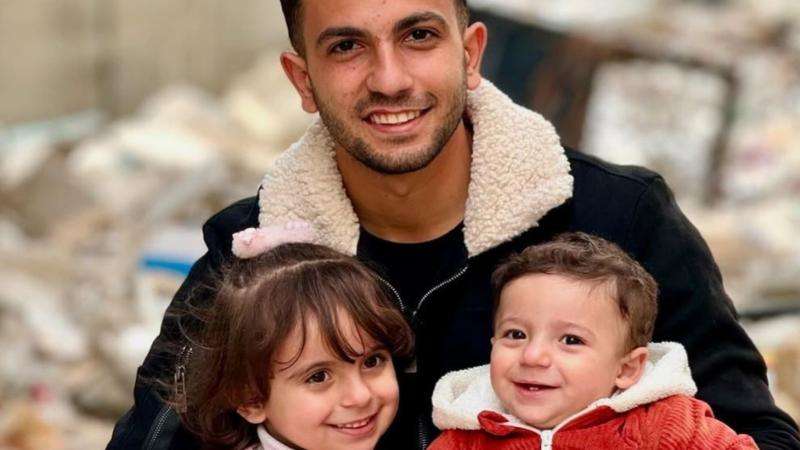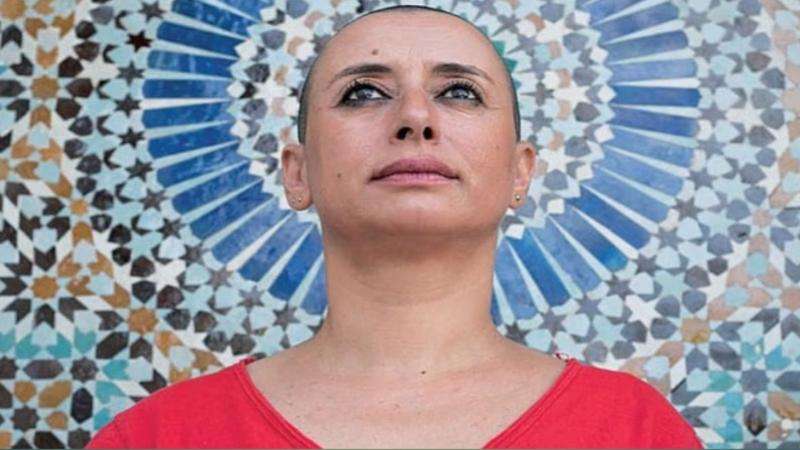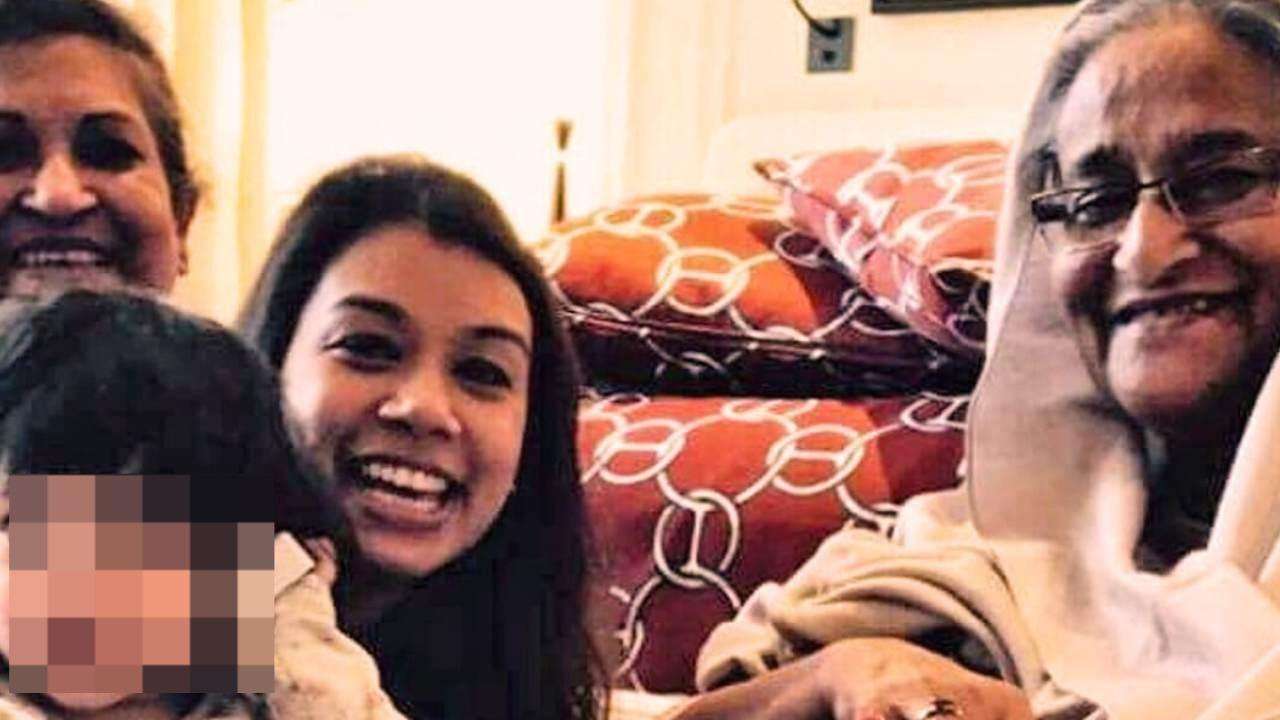In a devastating and highly controversial incident, five journalists from the Al Jazeera network, including reporter Anas al Sharif, were killed in a targeted Israeli strike in Gaza. The attack, which also claimed the lives of Mohammed Qreiqeh, Ibrahim Zaher, Mohammed Noufal, and Moamen Aliwa, has been described by the Hamas-run government as a "brutal and heinous" act and a "full-fledged war crime" aimed at silencing the truth.
The Committee to Protect Journalists (CPJ) had previously voiced "grave" concerns about al Sharif's safety, noting he was the subject of an alleged "smear campaign" by the Israeli military. The 28-year-old journalist had himself expressed a fear of being "bombed and martyred at any moment" due to his reporting, which he believed was "damaging Israel's image in the world."
The Israel Defense Forces (IDF) confirmed the strike but alleged that al Sharif was a "terrorist" and the "head of a terrorist cell in the Hamas terrorist organisation." They claimed he was "responsible for advancing rocket attacks against Israeli civilians and IDF troops." This assertion has been met with widespread condemnation from press freedom advocates who argue it is part of a pattern of targeting journalists to control the narrative.
The strike is part of a grim and escalating toll on media workers in the conflict. As of August 5, at least 186 journalists and media workers have been killed in Gaza, making it one of the deadliest conflicts for journalists in recent history. Foreign reporters have been barred from independent reporting on the war since it began in 2023, leaving Gazan journalists to bear the immense risk of covering the conflict from the ground.
The attack on the journalists' tent near al Shifa Hospital in Gaza City is described as "premeditated and deliberate" by the Hamas-run government. This follows a previous incident where Anas al Sharif's father was reportedly killed by an Israeli airstrike on his family home in December 2023 after the journalist received phone threats from Israeli army officers demanding he stop his coverage.
In a powerful and heartbreaking message posted posthumously on X, believed to be his "last will and testament," al Sharif wrote, "If these words of mine reach you, know that Israel has succeeded in killing me and silencing my voice." He lamented the unfulfilled dream of watching his children grow up and urged the world, "Do not forget Gaza... and do not forget me in your prayers."
This tragedy takes place against the backdrop of Israel's ongoing actions to control media coverage, including its shutdown of the Al Jazeera television network within the country in May of last year. This ongoing campaign raises serious questions about press freedom and the international community's role in protecting journalists working in conflict zones.








.svg)



